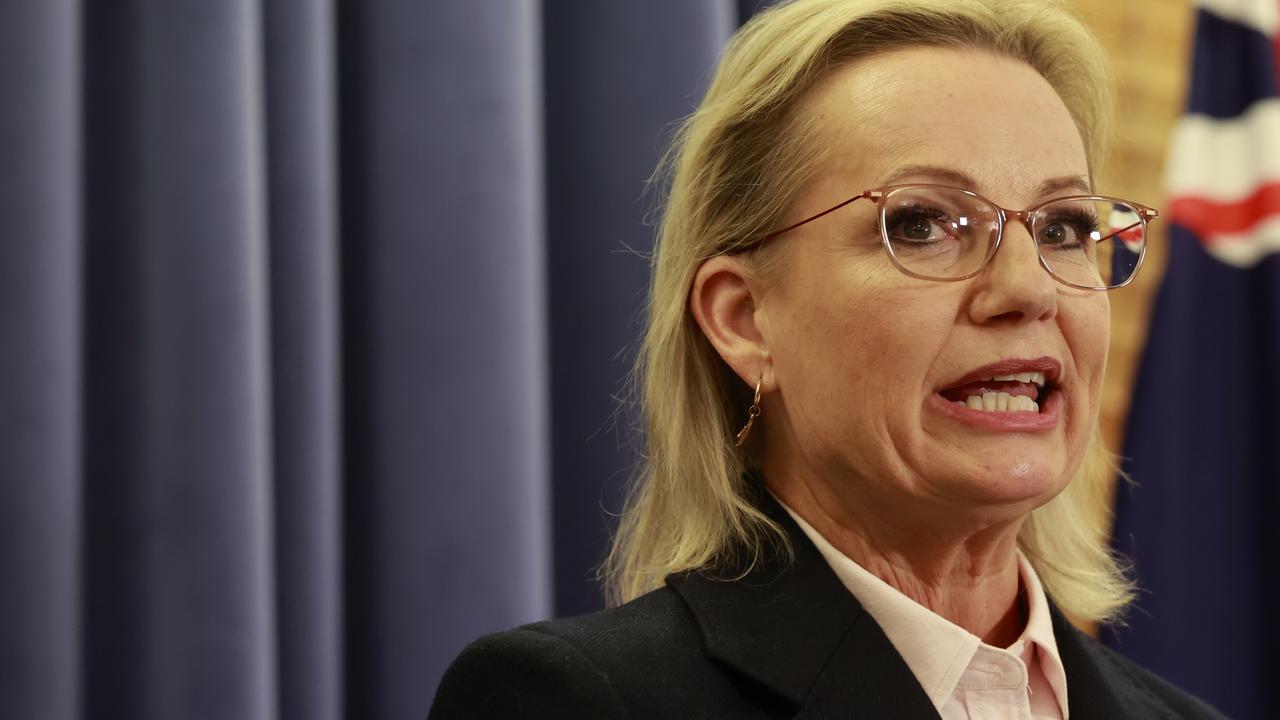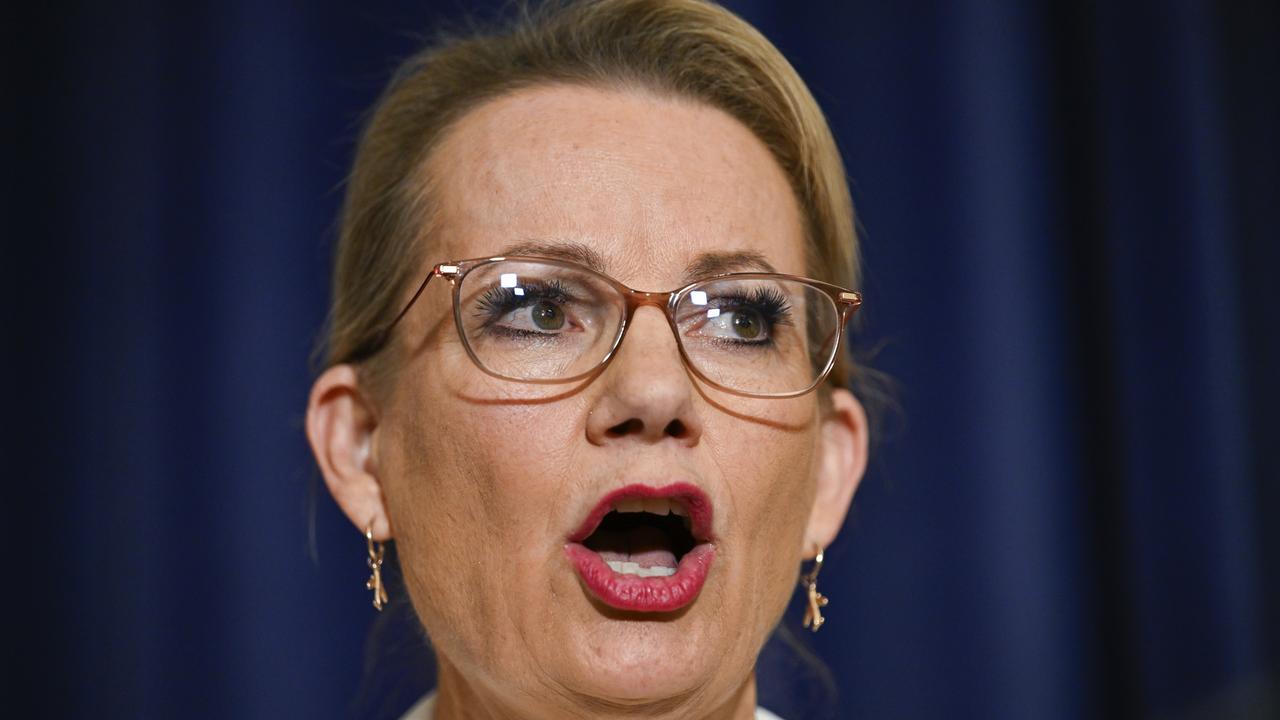The so-called ‘divisive’ issue of Welcome to Country ceremonies has been settled by Peter Dutton’s thumping
Peter Dutton grasped desperately at culture war tactics during the election campaign but experts say his staggering defeat is a rejection of division.
In the dying days of the election campaign, ousted opposition leader Peter Dutton turned desperately to the final arrow in his culture wars quiver.
After initially denouncing the actions of a pair of neo-Nazis who booed the Welcome to Country at an Anzac Day service at Melbourne’s Shrine of Remembrance, Mr Dutton changed tact and declared the ritual was inappropriate at such an event.
Without basis, he declared it was “the majority view” of military veterans before slamming the Indigenous practice as “overdone”.
It echoed far-right billionaire and failed political mastermind Clive Palmer’s bright yellow advertisements and oft-repeated mantra about not needing to be “welcomed to our own country”.
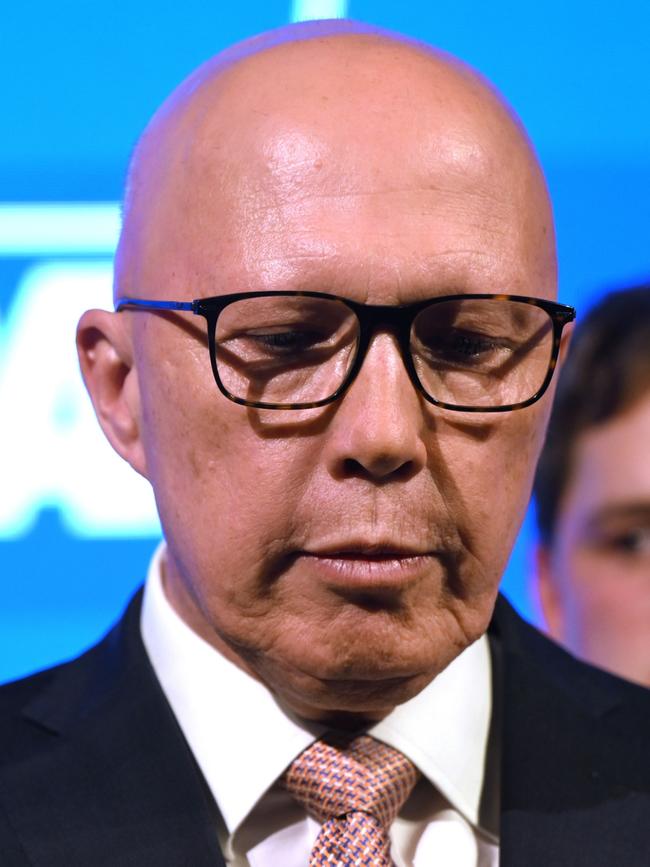
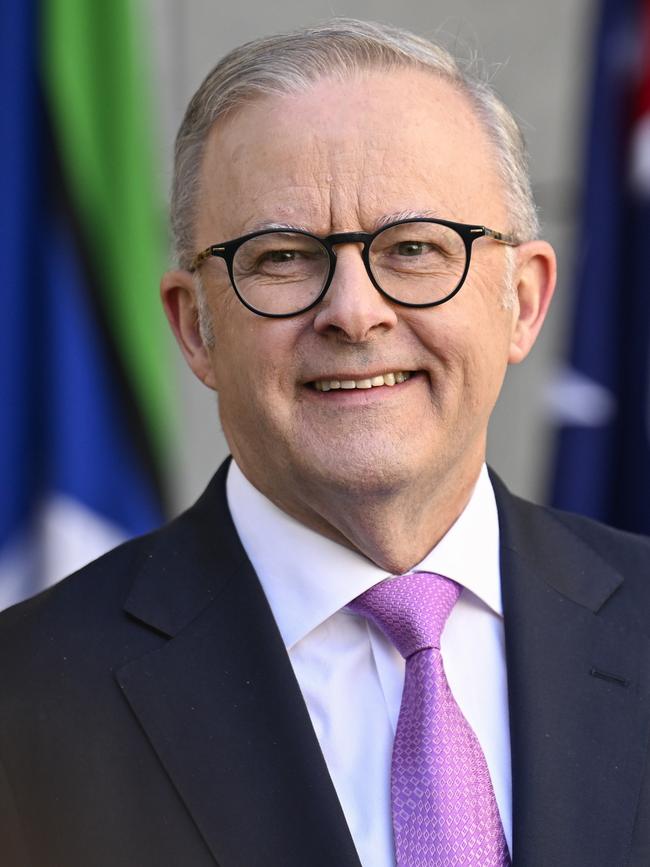
Earlier in the campaign, Mr Dutton and senior members of the Coalition had launched pointed attacks on everything from diversity, equity and inclusion practices in the public service to ‘woke-ism’ in education settings.
Saturday’s decisive result, which decimated the Liberal Party, was said to have a ‘Donald Trump factor’ to it, echoing the result seen in Canada’s recent election that too pummelled conservatives who borrowed the US president’s culture wars strategy.
Professor Mark Kenny, director of the Australian Studies Institute at the Australian National University, said there’s a key lesson the Coalition must accept.
“You can’t divide your way to a broad consensus,” Professor Kenny said.
“That is the big mistake Peter Dutton and his team made, trying to demonise sections of the electorate using Trumpian-style language.
“The references to ‘hate media’ and attacks on Welcomes to Country in the final week … culture wars are not a winner for the Coalition. Australians have just expressed, pretty comprehensively, right across the country, their assessment of that.”
In his victory speech, Prime Minister Anthony Albanese seemed to acknowledge that fact when he said the public had “voted for Australian values”.
On Saturday, after the opposition’s thumping – including the turfing of Mr Dutton from his own seat – prominent Indigenous activist Thomas Mayo, one of the architects of the Voice to Parliament – described it as vindication.
“Tonight, Australia voted No to ignorance & Yes to Acknowledgement; No to xenophobia & Yes to Welcomes; No to regression & Yes to progress,” Mr Mayo wrote on X.
“Peter Dutton, Jacinta Price, Clive Palmer, Pauline Hanson, the IPA & Advance henceforth have no mandate. They’ve been thoroughly told NO.”
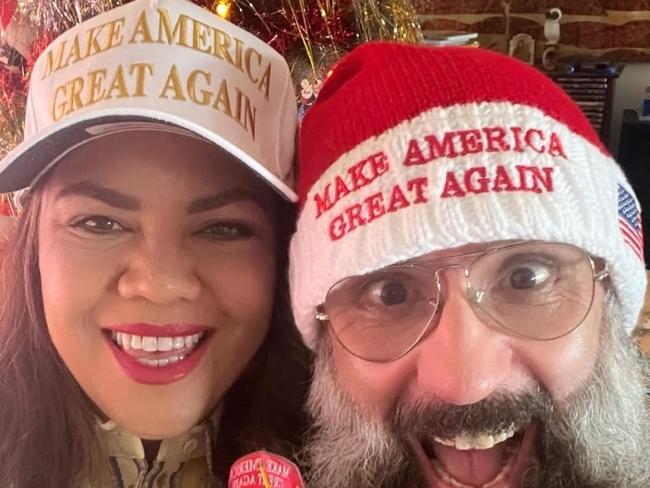
During last night’s episode of ABC’s Q&A program, the issue of division and culture wars as a political tactic was raised by an audience member.
“How much [of the election outcome] was the public turning away from far-right politics as part of a broader global rejection of Trump-style conservatism, like we saw in Canada last week?” the man asked.
In reply, panellist George Brandis, a former senior Liberal frontbencher, declared: “Donald Trump is toxic in Australian politics.”
“And he should be, because he doesn’t represent our values. He is as disapproved of by most Coalition voters as he is by voters on the left. One thing Donald Trump has done, he has ended the culture wars in Australia.
“After this election … any conservative politician who is perceived, rightly or wrongly, to be engaged with or entertaining the kind of Trump culture war agenda is going to be repudiated by the public.”
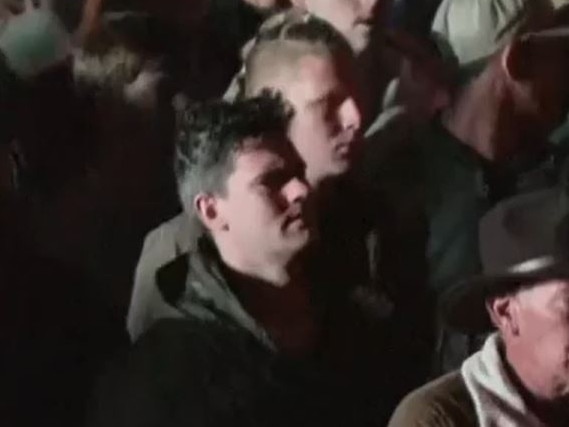
Amping up division in a bid to win votes is a failed approach and “one of the learnings” Mr Brandis hoped the Coalition took from its disastrous electoral performance.
Nationals Senator Bridget McKenzie, also on the panel, agreed in parts with the assessment.
“I’m a proud conservative … I don’t think Donald Trump is a conservative,” Senator McKenzie said.
“I think he is a man … who has played into that [division] and his whole mantra is to tear down the very institutions [of US democracy]. That is not conservative.”
When pressed on whether the culture wars would or should end, she replied: “It depends whose culture.”
“When we say the ‘culture wars’, there are people … who have very different views. We need to have our views of the world, our values, respected as equally as anyone’s.”
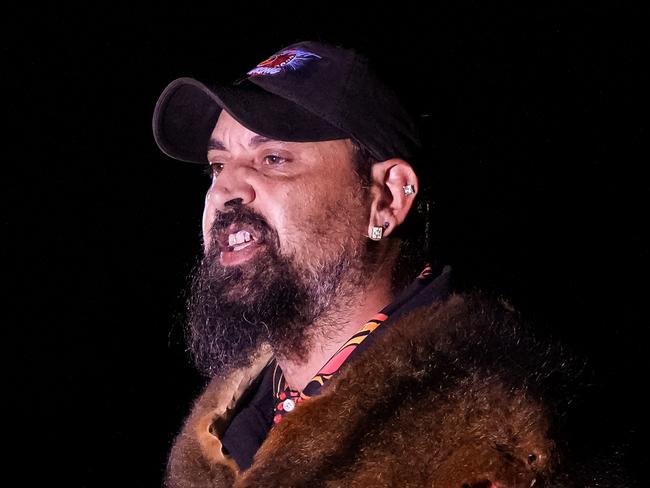
Show host Patricia Karvelas pushed further, asking whether the Coalition would still stoke division over Welcomes to Country.
“One of my Senators is Jacinta Nampijinpa Price, who has very strong views about those types of matters. Do we need to divisive and not inclusive? No. We need to be an inclusive, respectful and diverse country.
“The thing we’ve seen happen over time is that we can’t have a difference of opinion and express that respectfully. We’ve all got to somehow agree, and that’s actually not what a liberal democracy [is].”
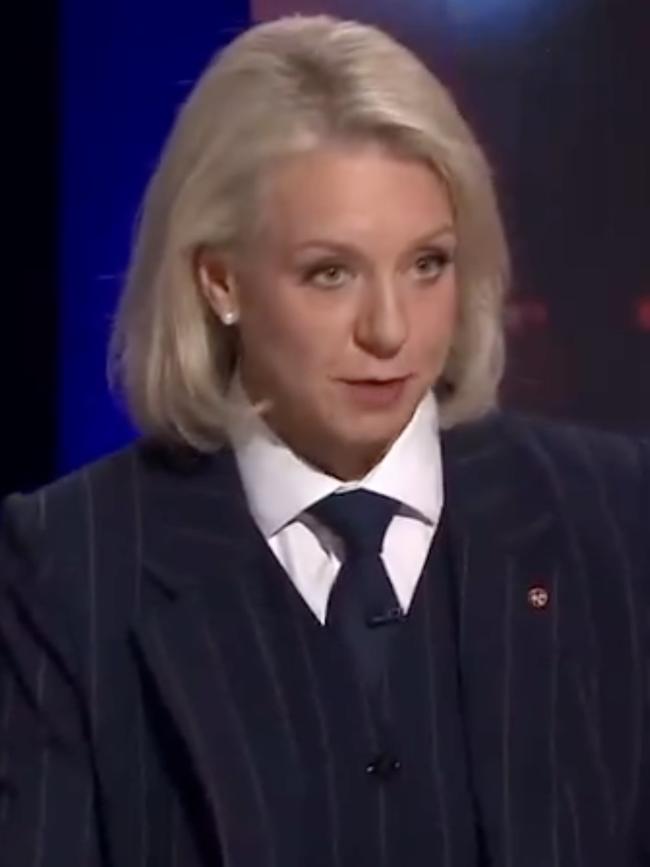
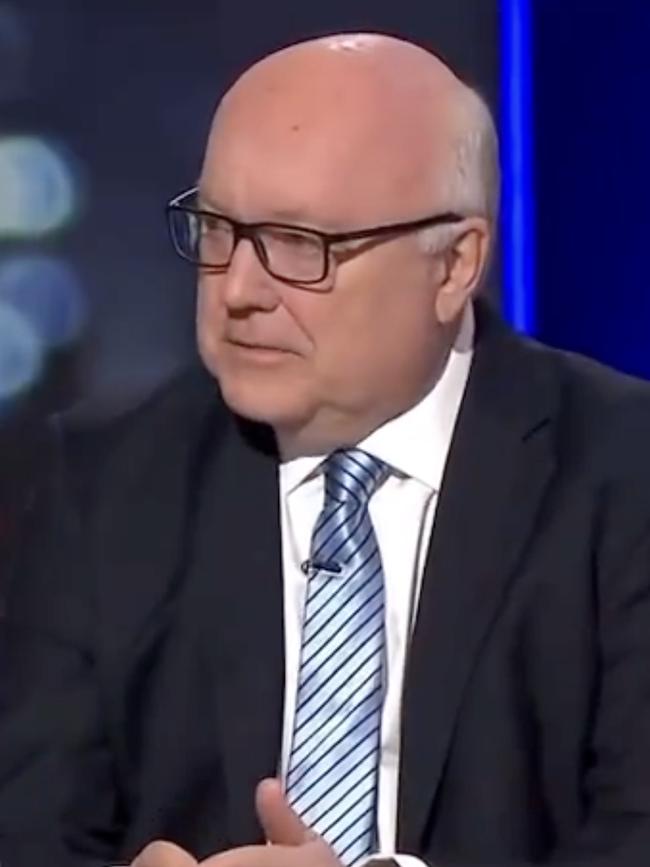
In a scathing opinion piece after the Coalition’s defeat, Reece Harley, managing director of the National Indigenous Times, called on the opposition to “abandon its obsession with division”.
“For three years, the Coalition had the opportunity to lead,” Mr Harley wrote.
“So what did they do? Where was their plan to close the education gap? To reduce suicide rates? To invest in housing and justice reinvestment? To support First Nations women and children escaping violence? Nowhere to be seen.
“Instead, Dutton and his party treated Indigenous issues as political bait — to divide, to distract, to exploit. They pushed culture wars when what we needed were policies. They offered wedge politics when communities needed real solutions.”
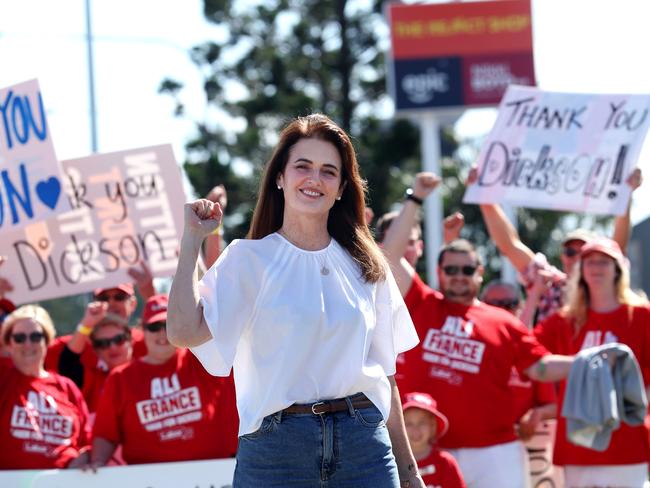
Amy Remeikis, chief political analyst at think tank The Australia Institute, said the Coalition “is done” after voters delivered a “brutal … repudiation” of its offering.
“Voters didn’t just reject Dutton and his ilk, they consigned them to irrelevancy,” Remeikis said. “This victory isn’t a thumping endorsement of Labor – it’s a rejection of mask-off, hard-right politics.
“His politics was cruel and brutish, and he fought against inclusion, tolerance and generosity with fervour. He spent the last week of the election campaign elevating a culture war started by self-confessed neo-Nazis.”
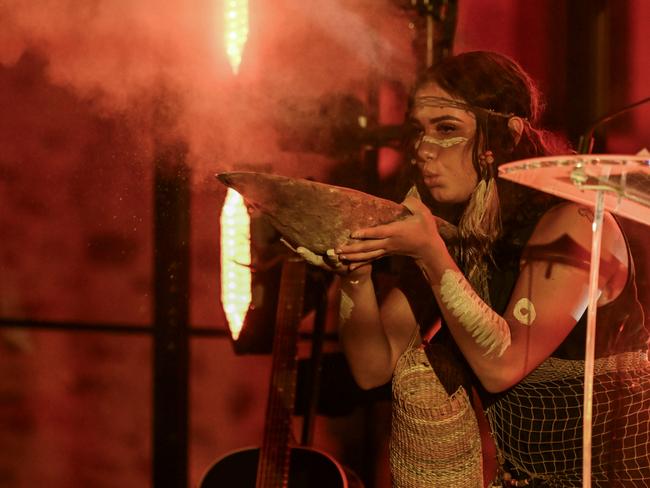
Yee-Fui Ng, associate professor of law at Monash University, agreed that the election outcome represented as “comprehensive rejection of the politics of division”.
“That negative message did not resonate with modern multicultural Australia, with its diverse population and identities,” Dr Ng wrote in analysis for The Conversation.
“Anthony Albanese and Penny Wong’s victory speeches on Saturday night emphasised a kinder and more inclusive politics, where all Australians are recognised and no one is left behind.
“The Labor government now has a strong mandate to take more significant action on Indigenous issues.
“Aboriginal people experience higher rates of incarceration, and significant disparities in health, education and employment compared to non-Indigenous Australians.
“Reform measures could be introduced through legislation, rather than by trying to change the constitution.”
Originally published as The so-called ‘divisive’ issue of Welcome to Country ceremonies has been settled by Peter Dutton’s thumping




